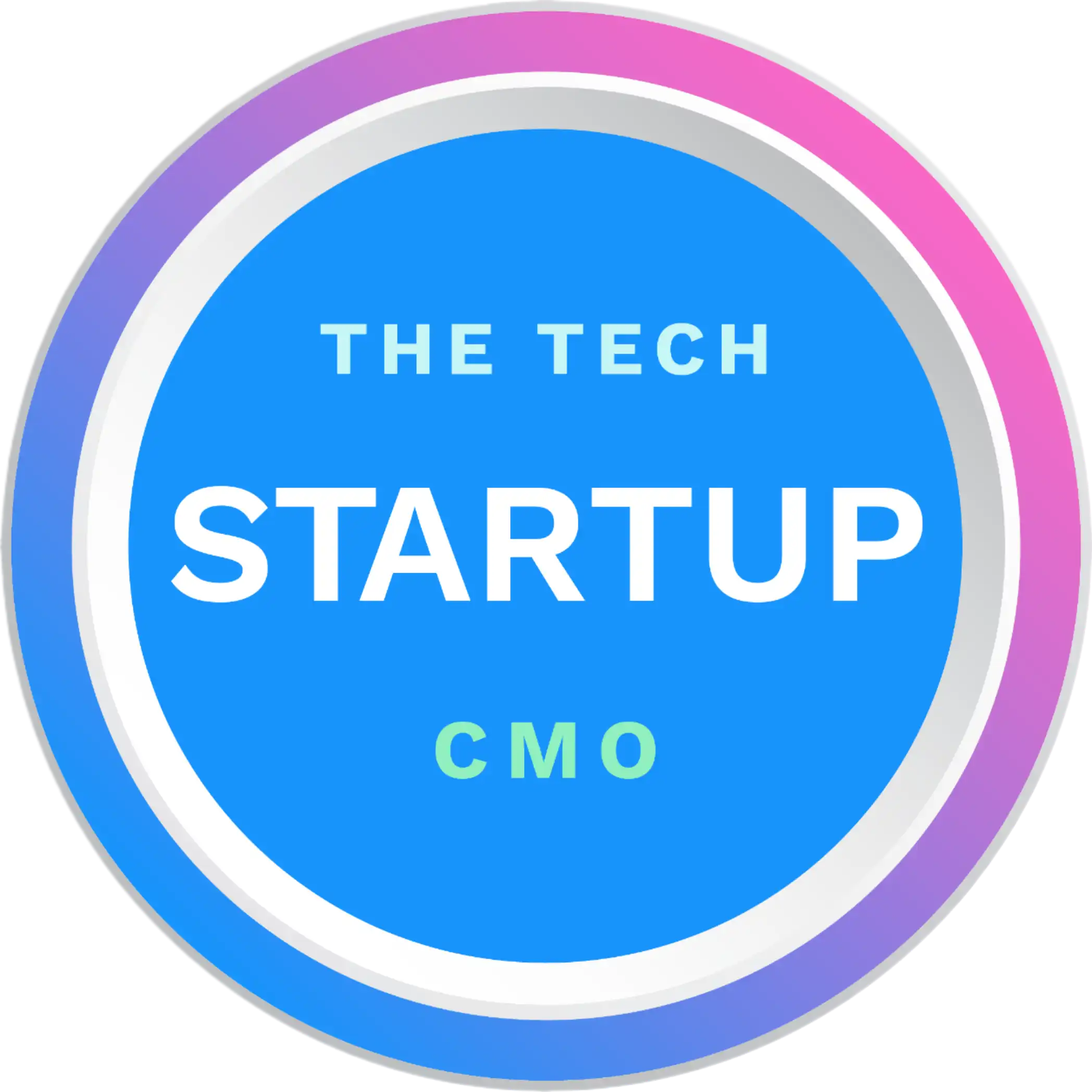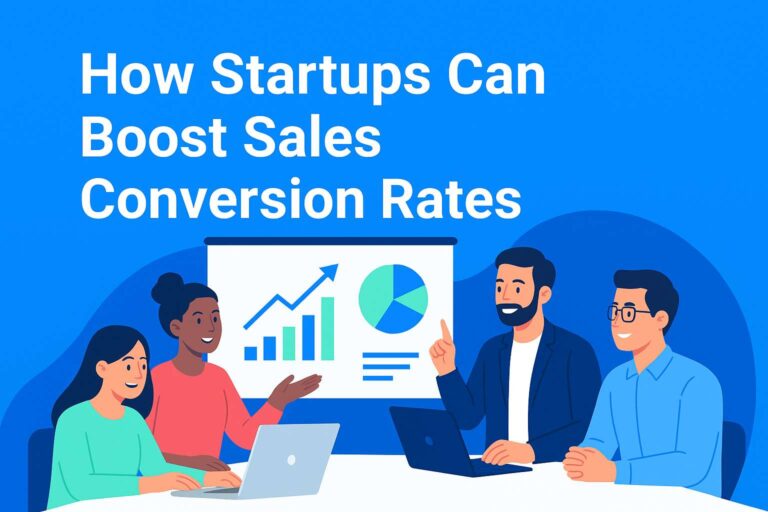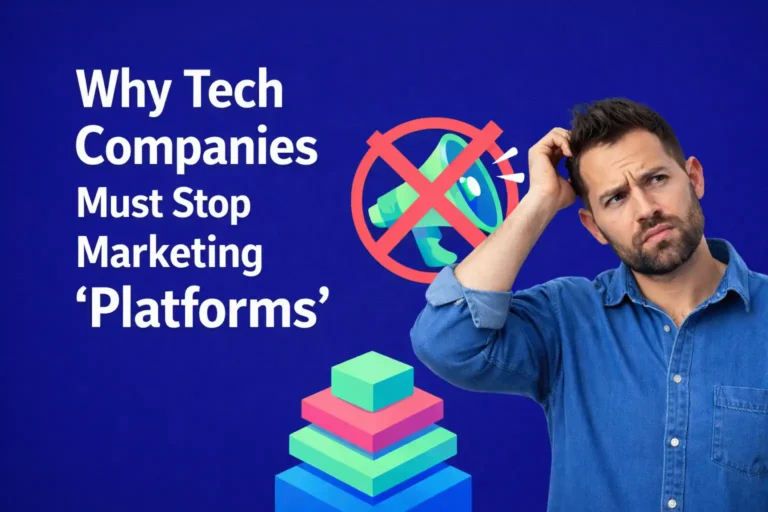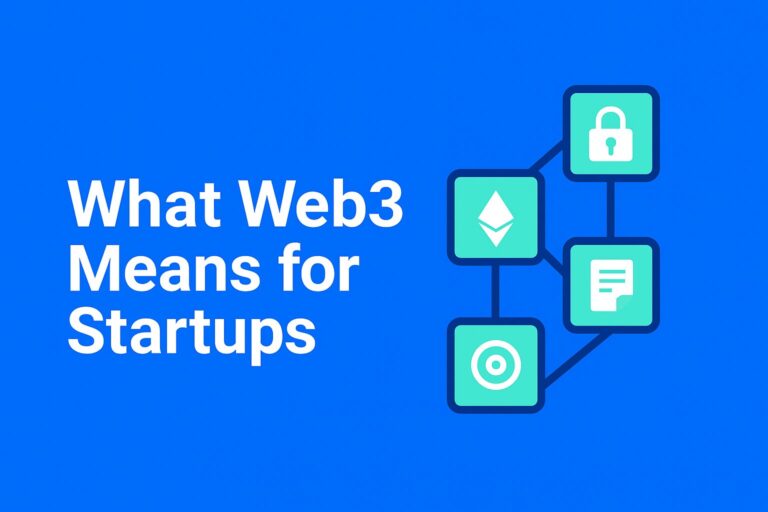How Will Tech Startups Transform Lead Generation in 2026…
Some say the B2B tech sales landscape is undergoing a seismic shift, but the challenges haven’t changed so much as they have just become more pronounced. Tech startups will have to find ways to deal with the changing behaviours and demands of buyers or their sales will stagnate. Recent statistics from comprehensive industry research reveal a stark reality: traditional lead generation and qualification processes are failing businesses at an alarming rate, creating both significant challenges and unprecedented opportunities for innovative marketing and sales teams.
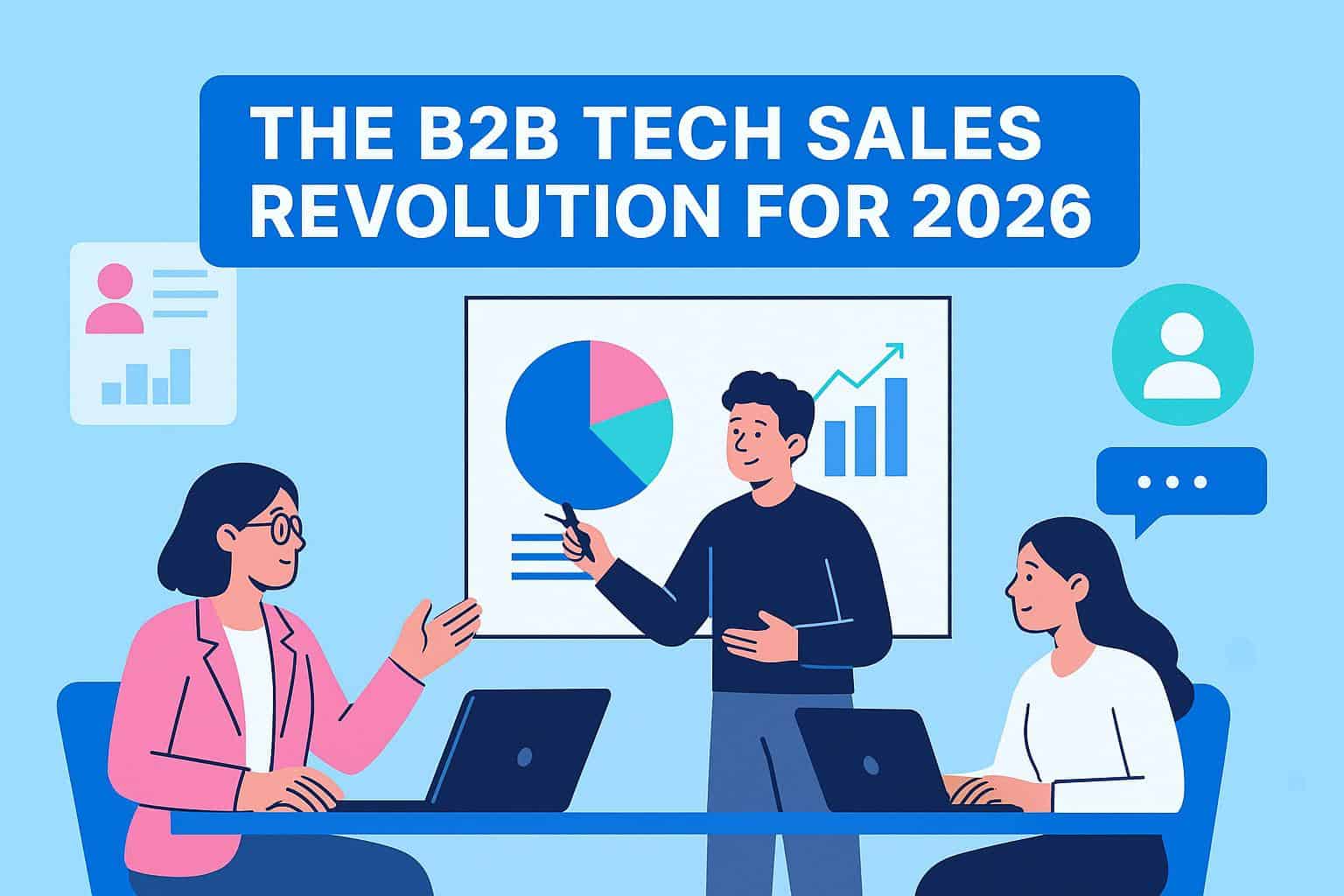
The Lead Quality Crisis
Perhaps the most striking revelation from recent B2B sales data is that 68% of B2B companies identify lead quality as their primary sales challenge. This statistic represents millions of dollars in wasted resources, countless hours of sales team frustration and a fundamental breakdown in how businesses identify and pursue potential customers. The magnitude of this problem becomes even clearer when we consider that only 56% of B2B companies verify the validity of leads before passing them to sales teams.
This statistic means nearly half of all businesses are essentially playing Russian roulette with their sales resources, sending unverified contacts into expensive sales processes without any meaningful vetting. The inefficiency could be costing businesses dearly in both direct costs and opportunity costs. This could be an example of relying on automated processes and not manually checking information before assigning new leads to a salesperson. The set it and forget it mentality of automation may not always serve the business.
Where Automation Can Provide an Advantage
The research data reveals a clear correlation between technological sophistication and sales success. Companies with mature lead scoring models experience a remarkable 77% increase in lead generation ROI, while those implementing AI for lead scoring report a 52% improvement in conversion rates. These aren’t marginal gains but may provide transformative improvements that mean the difference between a struggling sales operation and a thriving one.
What’s particularly telling is that 79% of top-performing companies have been using marketing automation for over two years. This statistic supports the fact that technology adoption in sales isn’t just about having the latest tools and leaving them to do the job for you. What go-to-market teams need is commitment, integration and continuous refinement.
The automation trend extends beyond simple efficiency gains. Companies with effective lead nurturing generate 50% more sales-ready leads at a 33% lower cost, while also producing 20% more sales opportunities. These figures reveal that automation isn’t replacing human judgment, but it can help to amplify it, allowing sales teams to focus their efforts where they matter most.
The Qualification Gap
One of the most troubling findings in the research is that 61% of B2B marketers send all leads directly to sales without qualifying them first. Industry benchmarks suggest that only 25% of leads are legitimate and should advance to sales, meaning most unqualified leads being pushed to sales teams represent pure waste. The problem is nearly universal. Adding to the challenge, 45% of companies lack a documented lead qualification process entirely. This absence of structure creates chaos, inconsistency and unpredictable results.
The correlation between qualification excellence and business success is unmistakable, with high-growth companies 2.4 times more likely to have a defined lead qualification strategy. This statistic should serve as a wake-up call for the industry. The companies winning in today’s market aren’t necessarily those with the most leads, but they’re the best at identifying which leads matter.
The Personalisation Imperative
Modern B2B buyers have evolved in their expectations. A stunning 80% of B2B buyers demand personalised content relevant to their industry and stage in the buying process. This has become a fundamental requirement for engaging today’s sophisticated buyers and is a trend driving innovation in content intelligence, dynamic personalisation engines and buyer journey mapping technologies. Tech startups that can deliver the right message to the right prospect at precisely the right moment will find themselves driving the sales deal.
The emphasis on personalisation also explains why 79% of B2B marketers use content marketing for lead generation. Content has become the primary vehicle for demonstrating expertise, building trust and providing value before any sales conversation begins. However, creating, managing and distributing personalised content at scale requires sophisticated processes and technology.
Intent Data is Becoming Essential
One of the most interesting trends in B2B tech sales is the rise of intent data, with research showing that using intent data can improve qualification accuracy up to 35%. Intent data signals indicate when a prospect is actively researching solutions, so you can reach out to them at the right time. It represents a shift from traditional demographic or firmographic targeting to behavioural, real-time indicators of buying readiness. Tech startups using behavioural analytics platforms and predictive engagement tools are tapping into a fundamental change in how B2B sales operate. Rather than cold outreach to seemingly qualified companies, modern sales teams can focus their efforts on prospects who are already demonstrating interest and research behaviour.
The Marketing-Sales Divide
An interesting finding that reveals ongoing challenges in B2B organisations is that marketing-generated leads have a 20% lower closing rate than sales-generated leads. This gap suggests a disconnect between marketing and sales teams in defining what constitutes a quality lead or differences in the maturity and readiness of leads from different sources. For tech startups, this statistic points to an opportunity in utilising dedicated revenue operations (RevOps) tools that bridge the marketing-sales divide, create shared definitions of lead quality and ensure alignment across the entire customer acquisition process. The companies that can unify these traditionally siloed functions will deliver enormous value to their revenue generation efforts.
Looking at 2026 and Beyond
The data paints a clear picture: B2B tech sales are in the midst of a technology-driven transformation, but many companies are struggling to keep pace. The gap between leaders and laggards is widening, with sophisticated automation, AI-powered insights, and structured processes separating the winners from the rest. Whether through AI-powered qualification, automated nurturing, intent data platforms or revenue operations tools, startups that can address the core challenges revealed in this data will be more effective at finding eager customers. One thing is abundantly clear: the future of B2B tech sales belongs to those who can effectively harness structured processes and human touch with technology to improve lead quality, streamline qualification and deliver personalised experiences at scale. Tech startups that can master these techniques will be in good shape to grow successful businesses.
*Sources:
- 68% of B2B companies report lead quality as the top challenge in their sales process (Source: Demand Gen Report).
- Companies with mature lead scoring models see a 77% increase in lead generation ROI (Source: Forrester).
- 79% of B2B marketers use content marketing for lead generation (Source: Content Marketing Institute).
- 61% of B2B marketers send all leads directly to sales without qualifying them first (Source: MarketingSherpa).
- 25% of leads are legitimate and should advance to sales, according to industry benchmarks (Source: Gleanster Research).
- B2B companies with effective lead nurturing generate 50% more sales-ready leads at a 33% lower cost (Source: Forrester).
- Companies that excel at lead nurturing generate 20% more sales opportunities (Source: DemandGen Report).
- 80% of B2B buyers want personalized content relevant to their industry and stage in the buying process (Source: Demand Metric).
- 79% of top-performing companies have been using marketing automation for over two years (Source: Pardot).
- Only 56% of B2B companies verify valid leads before passing them to sales (Source: HubSpot).
- Marketing-generated leads have a 20% lower closing rate than sales-generated leads (Source: Implisit).
- Companies using AI for lead scoring report a 52% improvement in conversion rates (Source: Salesforce).
- 45% of companies do not have a documented lead qualification process (Source: Ascend2).
- High-growth companies are 2.4x more likely to have a defined lead qualification strategy (Source: McKinsey).
- Using intent data improves qualification accuracy by 35% (Source: TOPO).
You may want to read: “How to Define Your Target Market.”

